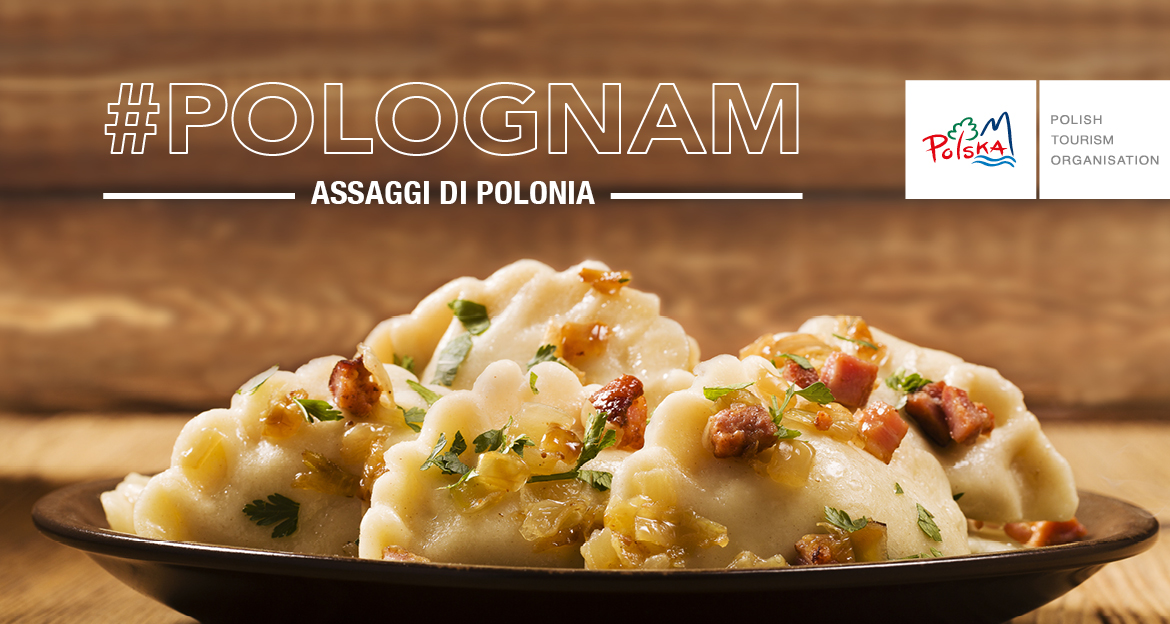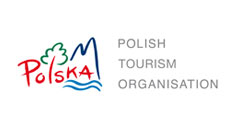#Polognam – get a taste of Poland. Promotional campaign launched in the Italian market
Poland’s promotional campaign centred on food tourism was just launched in the Italian market. The hashtag motto of #Polognam is a play of words combining “Polonia” (Italian for “Poland”) and “gnam” (Italian for “yum”). The campaign combining social media, infuencer and content marketing ingredients will wrap up in late July.

Last year interest in enogastronomy-themed travels in Italy grew by an impressive 86%, making food tourism a key component of planning outbound and inbound tourism offer. In other words, #Polognam is a great match for Italy’s most dynamically developing tourism segment and one of the most intriguing recent trends.
Who are the Italian tourists whose travels are inspired by the chance to explore new flavours and different culinary traditions? They represent Generation X, born between 1965 and 1980, and Millennials, born between 1981 and 1988; mostly couples from all parts of Italy and its southern part in particular. This is the picture of a “food tourist” painted by the Italian Enogastronomic Tourism Report 2019 compiled by i.a. the Italian National Tourism Board (ENIT), Touring Club Italia and the Ministry of Agricultural, Food and Forestry Policies in cooperation with World Food Travel Association and the University of Bergamo. According to the report, the discussed travels are driven by a wish to experience the “gastronomic landscape” of visited places, the combination of contact with culture, nature, local residents and products characteristic for a given country.
The tourist offer of Poland, which in recent years has been experiencing a genuine “gastronomic revolution”, is thus becoming the perfect destination for increasingly numerous Italian guests visiting our country.
With Kraków this year receiving the title of the European Capital of Gastronomic Culture and other Polish cities and regions paying more and more attention to food-related subject matter, we boast an excellent starting point for introducing Italians to our tourist and gastronomic offer. Its strong points include, i.a. the comeback of Old Polish flavours as part of the new ancient cuisine trends, the number of traditional, regional and certified products, along with the growing popularity of the Italian Slow Food movement and conscious eating. Italian foodies should definitely pay attention to the application of natural ingredients in Polish cuisine, the excellently supplied traditional fairs and, most of all, the sheer diversity of our cuisine. Just like its Italian counterpart, it has a common denominator, but differs between particular regions and sparkles with various cultural influences and a wealth of history.
In addition to three months of social media communication carried out by the Rome-based Polish Tourism Organisation International Office (FB - @poloniatravel, Instagram - @polonia.travel.it) and applying high-traffic portals dedicated to travel and food, the campaign will encompass a blog tour to Gdańsk, Warsaw and Kraków attended by influencer Federica Piersimoni, known as @federchicca, and Giulio Rossi, founder of one of the most popular food portals in Italy (ricettedellanonna.it) and an author writing for top travel portals such as Turisti per Caso, ilturista.info and PaesiOnLine. During the tour Federica will cook regional dishes with local chefs and simultaneously initiate a food reporter competition aimed at her followers, who will have to recreate Polish dishes and share their effects using the #Polognam hashtag. The winner will go to Poland and share his or her experiences through social media. At the end of the campaign, a promotional event for Italian media representatives will be staged in Rome in cooperation with the Kraków Municipality, with the blogger and a Polish chef cooking live and recreating characteristic Kraków dishes, simultaneously presenting an innovative approach to traditional regional cuisine of the city and the entire Małopolska region and promoting the 2019 European Capital of Gastronomic Culture.
Pomeranian Regional Tourist Organisation, Warsaw Tourist Office and the Kraków Municipality are the project’s partners.



